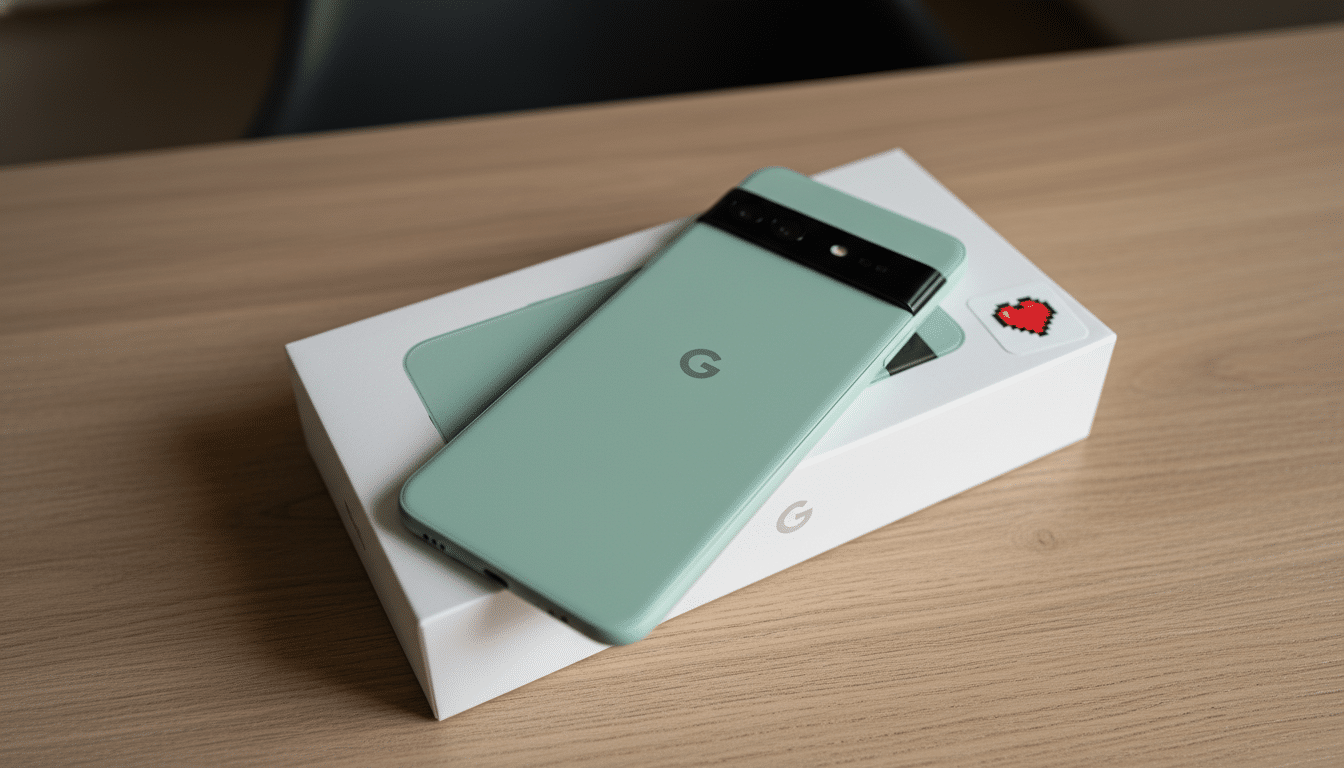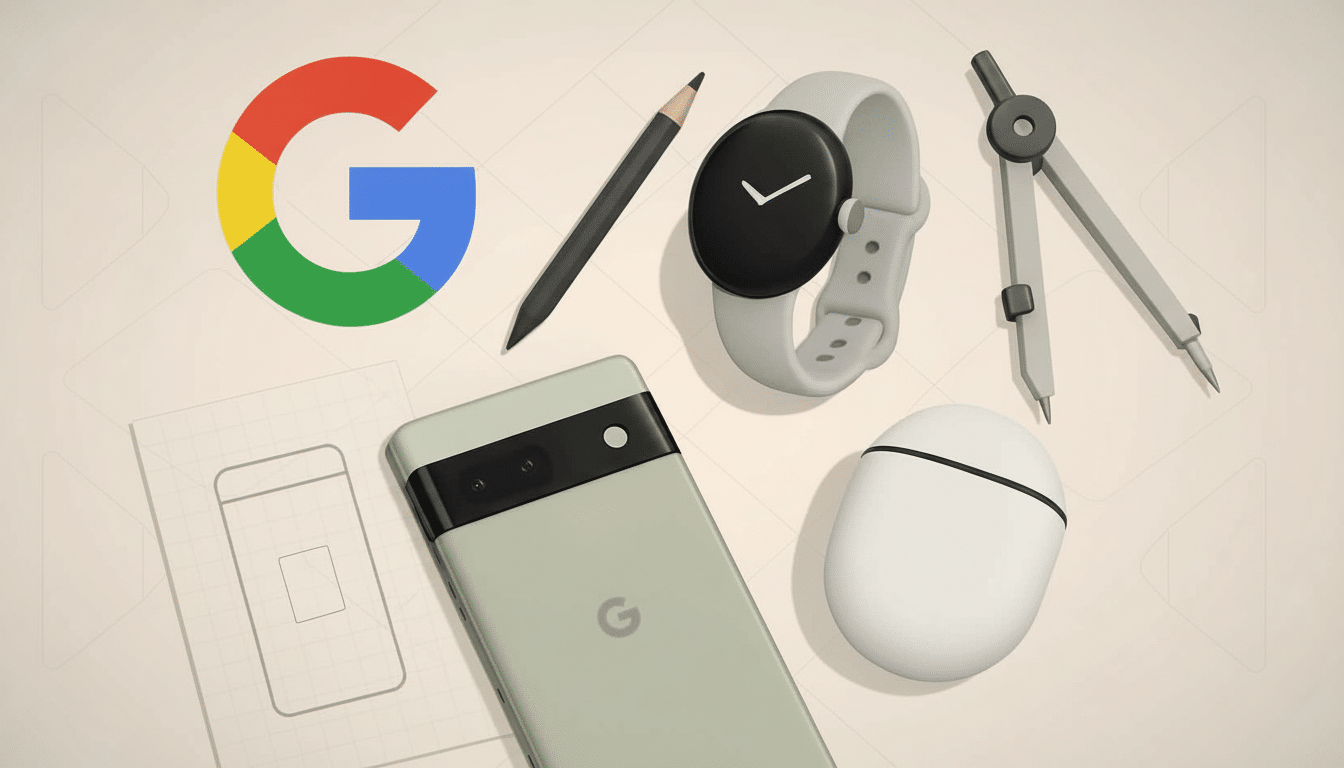Google is planning an unusual experiment in less than two weeks that will let a small group of Pixel Superfans have access to unreleased phone models and help them develop the final product, Bloomberg reported.
It would open to new classes of people who have not been super-early Linux code testers before but could be inspired to join as hardware enthusiasts. It would also raise the stakes for secrecy.

The company is seeking as many as 15 Pixel Superfans, according to internal documents cited by Bloomberg, to try out a model of the smartphone in development. Participants would sign nondisclosure agreements, employ protective cases that obscure the design and would provide structured feedback to Google’s product teams.
How the Pixel Superfans testing program could work
The group follows the 2020 launch of the Pixel Superfans community, which already offers such perks as exclusive Q&As with Googlers and a private Discord. The new undertaking would also incorporate a hardware track inside Google’s more than decade-old Trusted Tester program, which the company has relied on for early feedback on services like Gmail, Maps and Android features.
As part of the process, Superfans would complete assignments that show they have extensive knowledge of Pixel devices and suggest possible areas for improvement. Google would then pick finalists, send them NDAs and ship test units with leak-resistant cases. It’s a structured routine:
- Daily or weekly polls
- Bug reports with logs
- Guided scenario testing (camera, connectivity and battery)
- Qualitative feedback regarding the new software experiences
The severity of the regulations reflects that obvious danger. Even under NDAs, pre-release hardware can escape out into the wild. The protective casing approach is as old as the industry itself — engineers and carrier testers will often use chunky shrouds that cover camera housings or colorways to soften any design leaks.
Why Google Wants Real Fans In On The Act
Pixel phones are as much about software and AI-forward features as hardware. Real-world testers can make the kind of dirty data labs never will: spotty 5G coverage on specific carriers, marginal low-light action-camera edge cases in mixed lighting, heat and throttling when using phones for extended Maps navigation or battery drain from new on-device AI models. Preventing these problems for production saves expensive post go-live patches and safeguards brand momentum.
There is also a strategic marketing angle. Pixel has a tiny share in a lot of markets — Counterpoint Research pegs it at low single digits within the US — but it over-indexes with tech-savvy buyers who shape word of mouth. Tapping that core for early feedback can build a better product, as well as seed true advocacy when embargoes lift.

It’s a strategic response to the modern leak cycle. We’ve already heard plenty of details about forthcoming phones from Apple, Samsung and Google months before they hit the market. By adding trusted community members (with strict controls) to the mix, Google can improve quality but also retain some control over what stories eventually get told.
Risks and industry precedents for pre-release testing
It is unusual, though not unprecedented, for the company to allow people who are not its employees to test unreleased hardware. There has also been the occasional community review program under embargo by OnePlus, and there have been Xiaomi “explorers” asked to test specific devices. Nevertheless, most companies reserve hands-on pre-launch testing for employees, carrier partners and internal dogfood groups largely because hardware leaks are more difficult to manage than software betas.
Shortfalls in secrecy can have consequences. Leading brands have tightened internal procedures, added device-level tracking and disciplined the few who broke them. What Google is doing — few units, stout NDAs and physical seclusion — is an attempt to strike the balance between community feedback and high-stakes containment.
What Pixel Superfans should expect from the program
Google will limit the cohort at about 15 people, according to Bloomberg’s reporting, and favor expertise over sheer enthusiasm. Anticipate a formal application that requires experience with prior Pixels, a history of constructive criticism and reasonable suggestions for change. Chosen testers may need to be ready to document issues through reproducible steps, provide logs when prompted and maintain the deepest cone of silence — no random teases on social channels, no casual photos and definitely don’t let friends “take a quick look.”
Google hasn’t revealed payment details and the hardware is expected to stay Google-owned until the end of the initiative. Dates are also uncertain, for, after selection, units could get in long before retail availability, which means we may have a long silent period under NDA. The trade-off for avid fans is access and influence: an opportunity to contribute opinions about what a camera pipeline should look like, to help shape connectivity behavior, to give feedback on how early AI features should work before the general public ever gets their hands on the device.
If it succeeds, however, this could be a tiny sea change in how Google makes Pixel — folding community expertise into the vetting stage of hardware design. It’s not going to stop leaks altogether, but it could help the next Pixel feel more polished where it matters: in the pockets of those most likely to recommend it.

